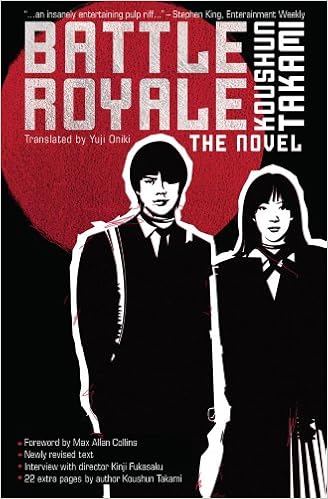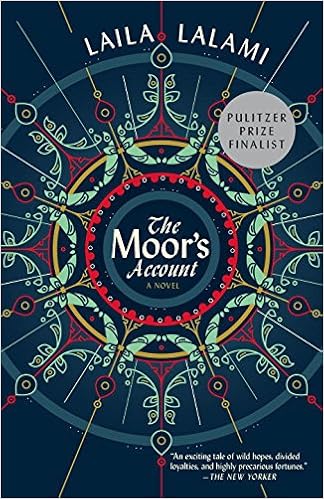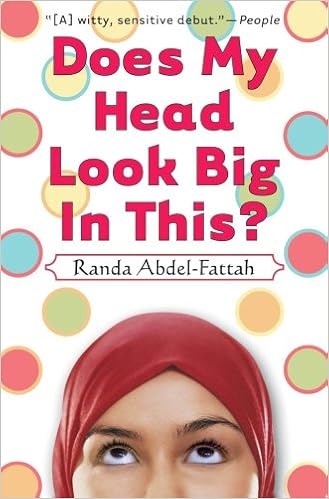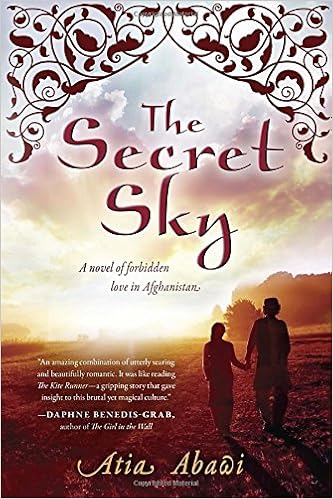 |
| brokeandbookish.com |
1. Pride & Prejudice, by Jane Austen
Obviously I had to include P&P, because this set off a lifelong obsession with all things Regency.
2. Wuthering Heights, by Emily Bronte
I distinctly do remember reading this one for fun when I was seventeen, though I think I did write a short paper on it for my mom because it made such an impact on me.
3. The Hunchback of Notre Dame, by Victor Hugo
This was my first foray into French literature and it totally blew me away.
4. All Quiet on the Western Front, by Erich Maria Remarque
I read this one three times, once in high school, twice in college (one of those for fun). Not as old as the other books on this list, but every inch a classic and a book I tell everyone they should read.
5. Silas Marner, by George Eliot
Haha, this one I fought with my mom about...it sounded so boring when she wanted me to read it (I think I was in 8th grade?). And the print in our copy made it hard to read, but I struggled through it and found at the end that it really wasn't that bad. I'm thinking of rereading it in the next few years.
6. The Pilgrim's Progress, by John Bunyan
This is my very first review on my blog! I've read it a few times throughout my life. Always excellent.
7. Ivanhoe, by Sir Walter Scott
Initially I read this for school, in junior high I think, and got an abridged copy from the library that took me only two hours to read and I was left thinking a lot was missing. Mom suggested I find an unabridged copy, which I did, and that ended up taking me three weeks to read haha. But a seriously amazing story, I love it so much. One of the books that fueled my love of medieval England.
8. The Divine Comedy, by Dante Alighieri
This I definitely read in college, because I took a class on it. I had read short excerpts in the past, but always only from Inferno, and I was beyond ecstatic that my favorite professor was going to teach on the entire work. It was one of the best classes I ever took (all of his classes were the best, tbh), and I now own three different translations and like to tell everyone they should read the entire thing. [Yeah, you reading this, go read Dante!]
9. The Epic of Gilgamesh, author unknown
I believe I read this in junior high or my first year of high school, not sure. (The years blur because there's not really such a thing as grade separations when you're homeschooled haha.) It was on my classical literature list and I didn't fight about this one at all, because I adore old, old, old literature. The translation I read was really awesome too, easy for me to read. Wish I could remember which one it was.
10. Alice's Adventures in Wonderland and Through the Looking-Glass, by Lewis Carroll
I would be remiss if I didn't include this on my list!! The first hundred times I read it were totally for fun, but the culmination of my college career was my senior seminar on Alice, so I spent a lot of time reading and rereading while I worked on that. It's definitely one of my favorite books of all time, despite that it's technically a children's book.
****************************************************
There you have it, my top ten classics read in school!! As I was writing this list, I actually had to pare down and pick and choose, because there were a lot more than ten...classics were always something I loved very much.




![The City At Worlds End by [Hamilton, Edmond]](https://images-na.ssl-images-amazon.com/images/I/51Vu0SnqHRL.jpg)
